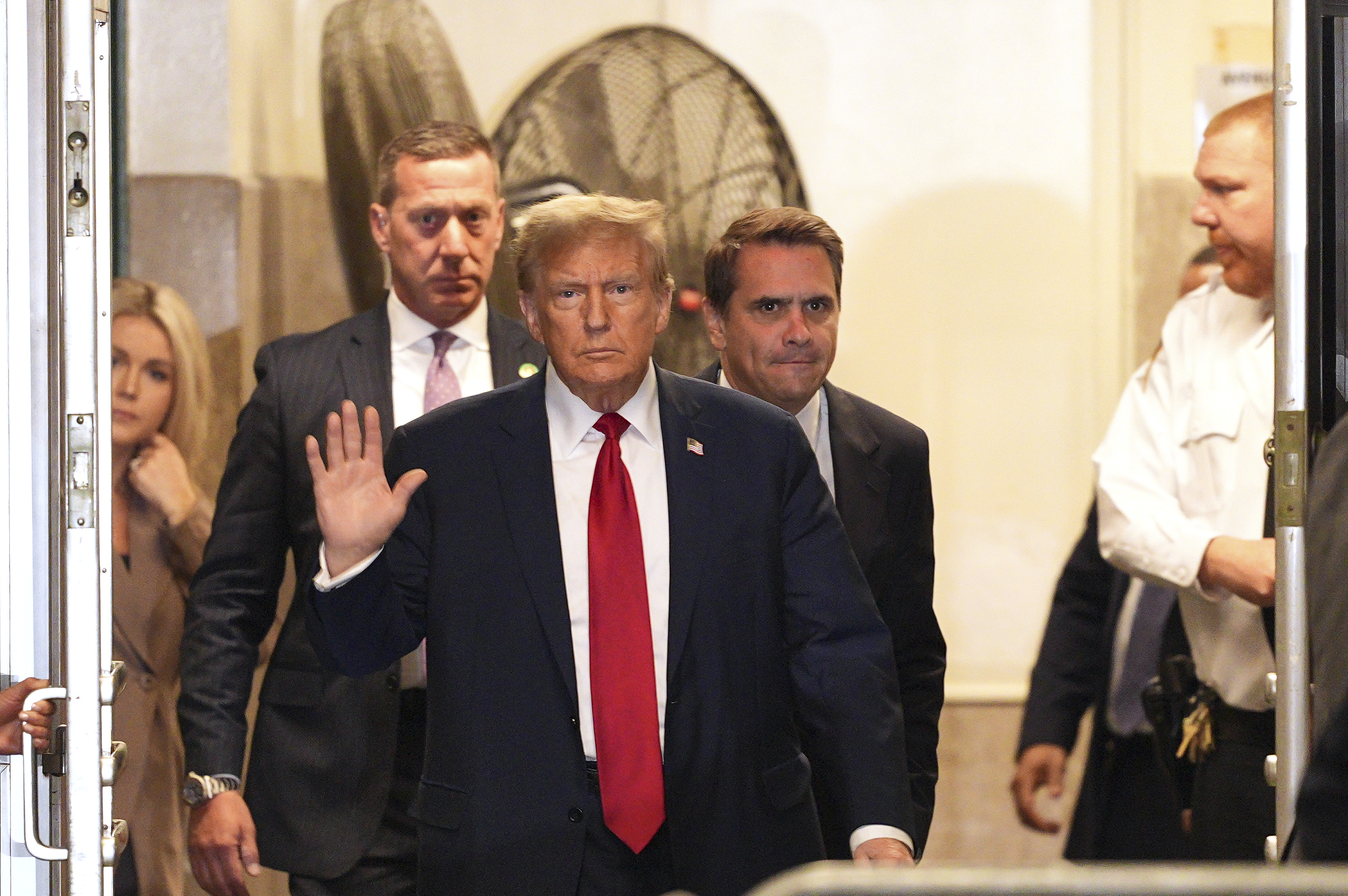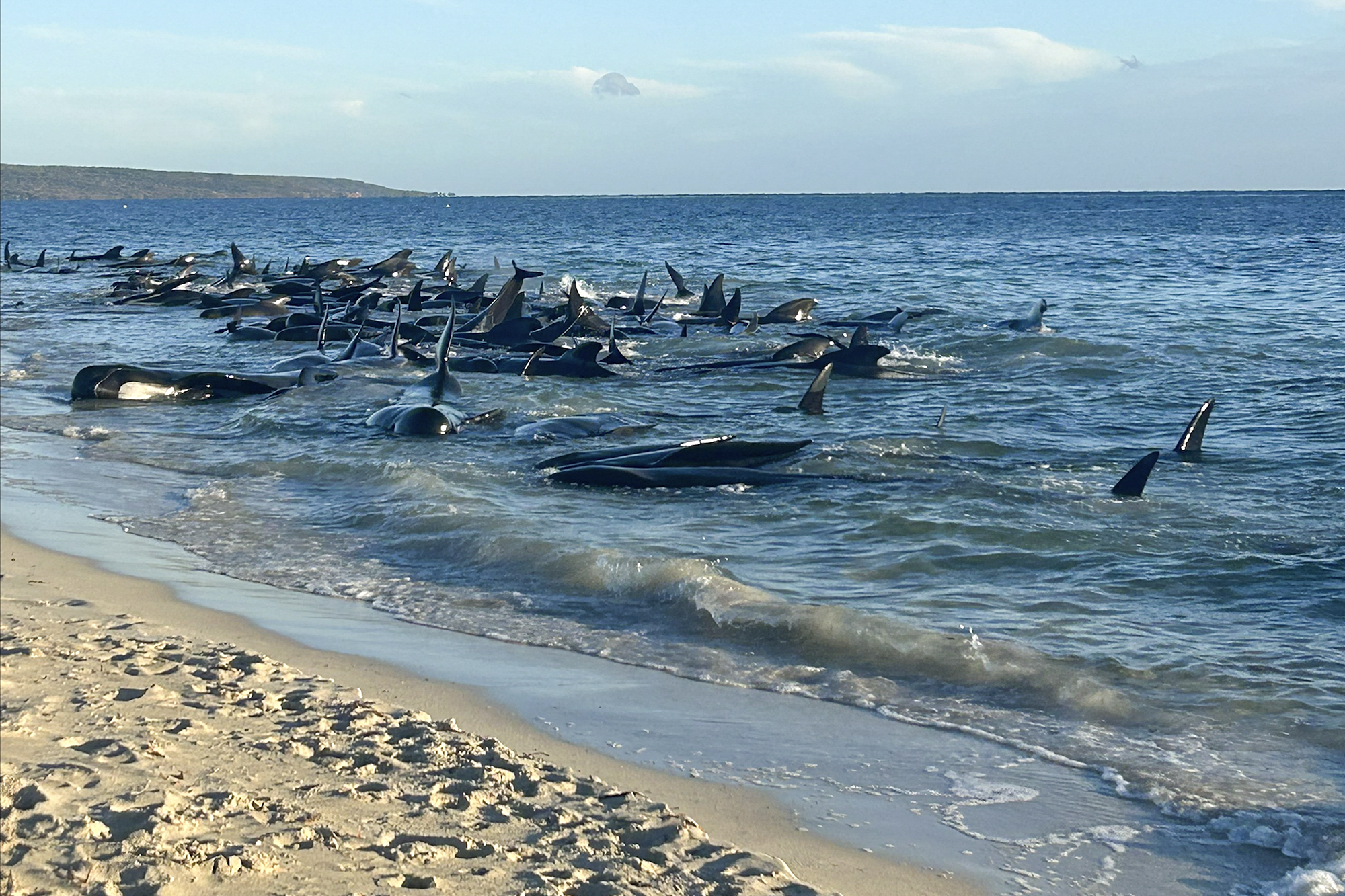More than 100 undocumented immigrants were detained by deportation agents during a three-day sting spanning both San Diego and Imperial counties, U.S. Immigration and Customs Enforcement (ICE) officials said Friday.
ICE said the sweep that ended Thursday resulted in the arrest of 115 people who were violating federal immigration laws. Of those, 108 were arrested in San Diego County.
About half of the people arrested were convicted felons, according to ICE, while at least seven were arrested for re-entering the United States after being deported on a judge’s orders.
ICE said the sweep was meant to target public safety threats, people who received final orders from a judge to leave the United States and those who re-entered the country after being removed, but they will not exempt immigrants who are subject to removal.
It was not clear where in San Diego County all of the arrests occurred, but NBC 7 has learned that some occurred in Escondido, Oceanside and in the city of San Diego, including the City Heights neighborhood.
NBC 7 spoke to a man who said he was detained in Escondido while he was driving his kids to school. When immigration officials placed him in custody, his wife had to be called to come pick up their children.
The 40-year-old man said he was pulled over by an unmarked car as he drove down El Norte Parkway near Ash Street.
U.S. & World
Officers asked for his license and told him there was a warrant out for his arrest, and before he knew it he was in handcuffs and put in the back of a car.
His oldest son called his mother crying and she drove to their location as quickly as she could.
The mother asked the officers for proof of the warrant and they only showed her a piece of paper with his name written in ink.
"I said that's not a warrant, I need the real warrant," she said.
She demanded to see the warrant once more and the officer showed her an AB 60 driver's license, requires the DMV to issue an original driver license to an applicant who is unable to submit satisfactory proof of legal presence in the country.
The father of four said he was booked into the Otay Mesa Detention Facility and released on the condition that he wears a GPS monitor on his ankle, similar to what someone under house arrest would wear.
Immigration authorities told him that he wouldn't be able to work while being monitored because he didn't have a legal work permit.
At least two more arrests were made in Oceanside, including the arrest of a 43-year-old gang member from Mexico who had been deported four times, and a 55-year-old Kazakhstan citizen wanted by his country for tax evasion.
Detainees who re-entered the U.S. after deportation, or who had outstanding orders of removal will be immediately deported. Others will remain in ICE custody awaiting a hearing before an immigration judge, ICE said.
Four of the individuals arrested will face federal criminal prosecution.
In a statement released Thursday, ICE criticized California’s "sanctuary state" status and said the designation increases the amount of "collateral arrests."
"State laws in California force ICE to focus additional resources to conduct at-large arrest in the community, putting officers, the general public and aliens at greater risk and increase the incidents of collateral arrests," the statement said.
A lawsuit filed by Attorney General Jeff Session against the state of California makes the same claim.
California Gov. Jerry Brown signed sanctuary state legislation last October that barred police from asking people about their immigration status or participating in federal immigration enforcement activities.
The California laws were passed in response to Trump's promises to sharply ramp up the deportation of people living in the U.S. illegally and went into effect on Jan. 1.
"These are uncertain times for undocumented Californians and their families, and this bill strikes a balance that will protect public safety, while bringing a measure of comfort to those families who are now living in fear every day," Brown said in a statement.
The declaration has been heavily criticized by the Trump Administration. U.S. Immigration and Customs Enforcement has said it will increase its presence in California, and Sessions wants to cut off funding to jurisdictions that won't cooperate.



